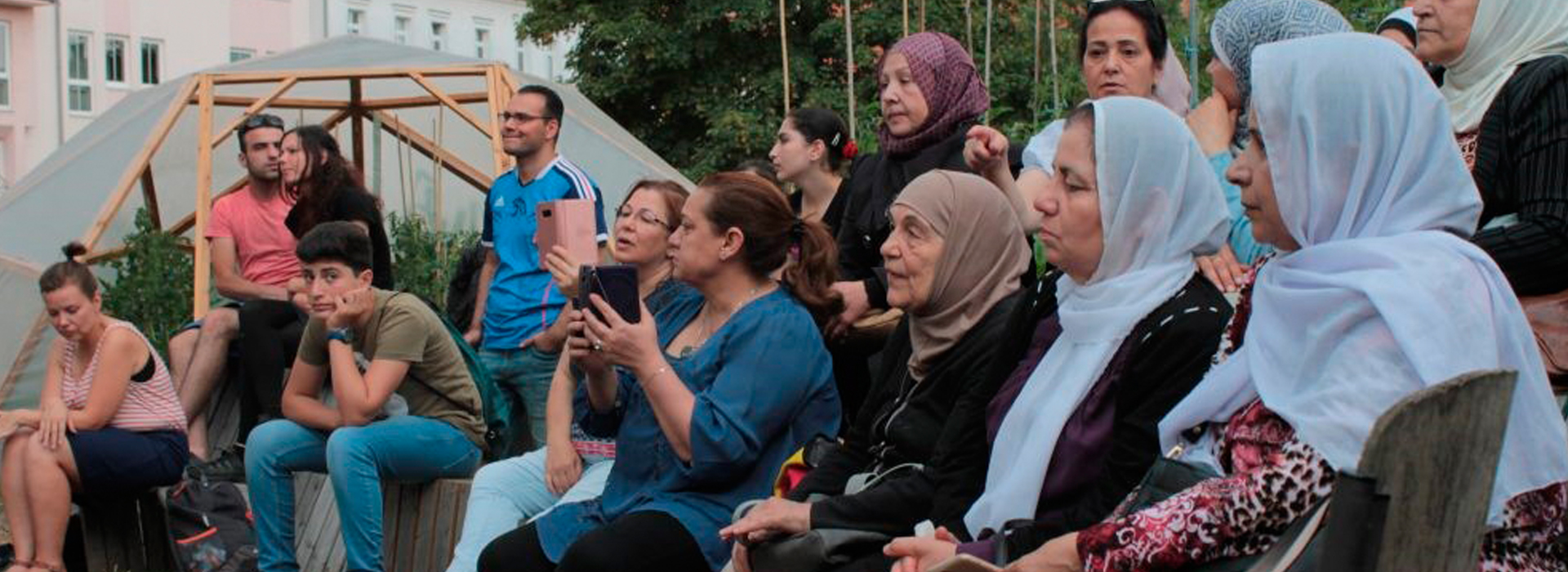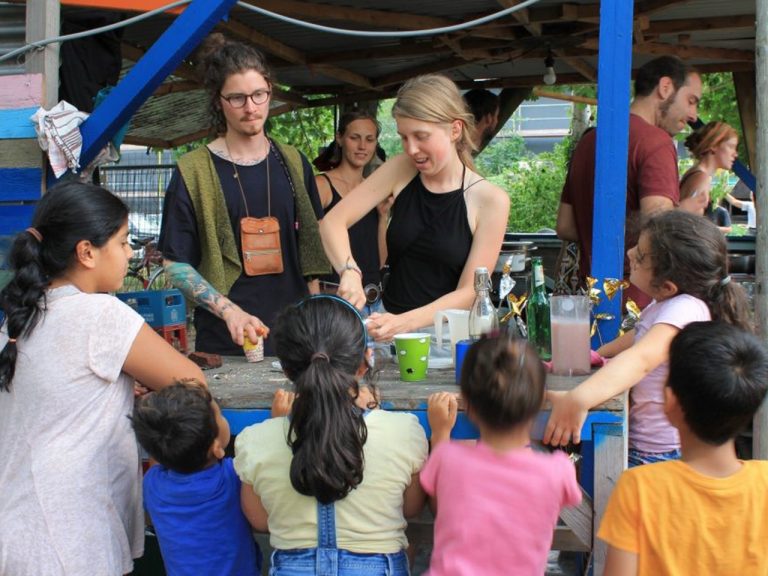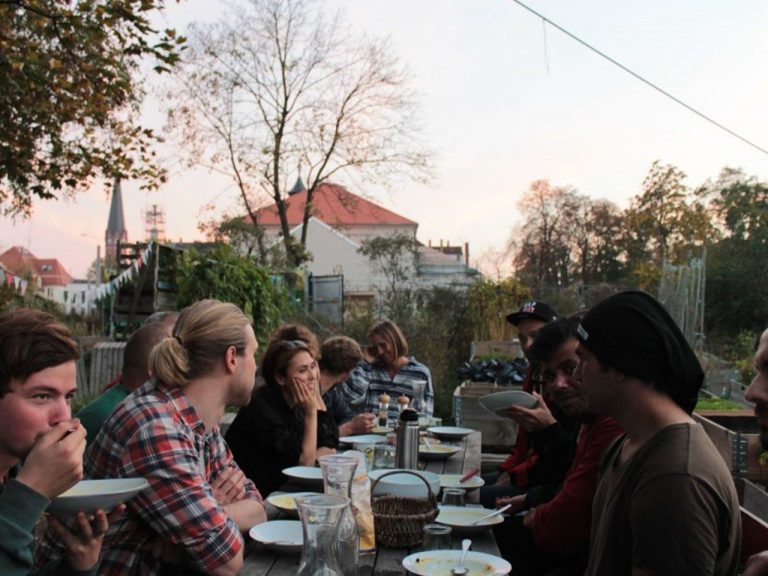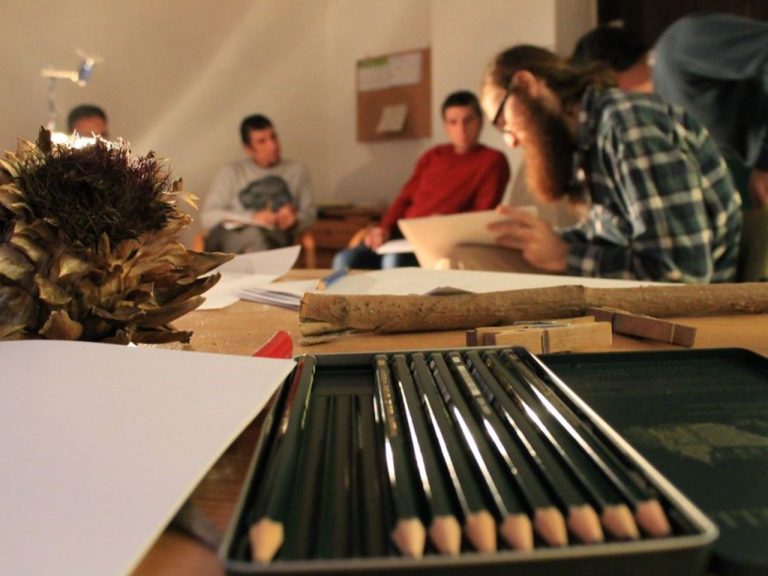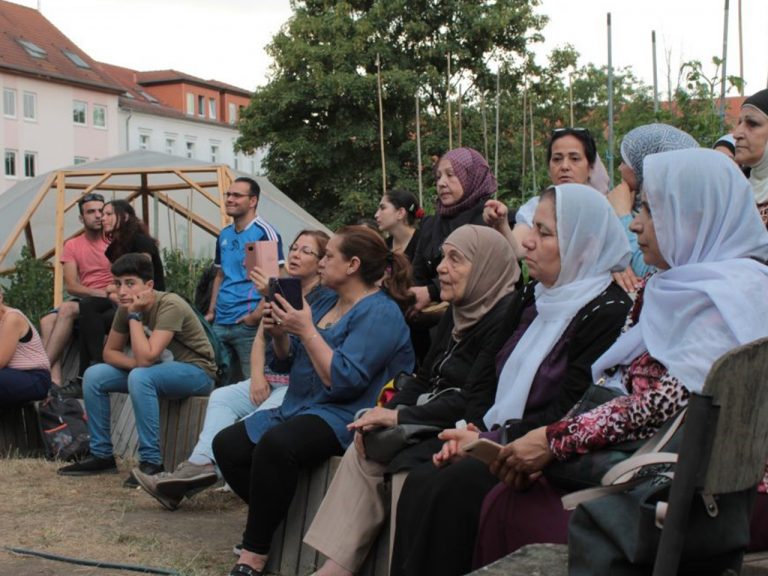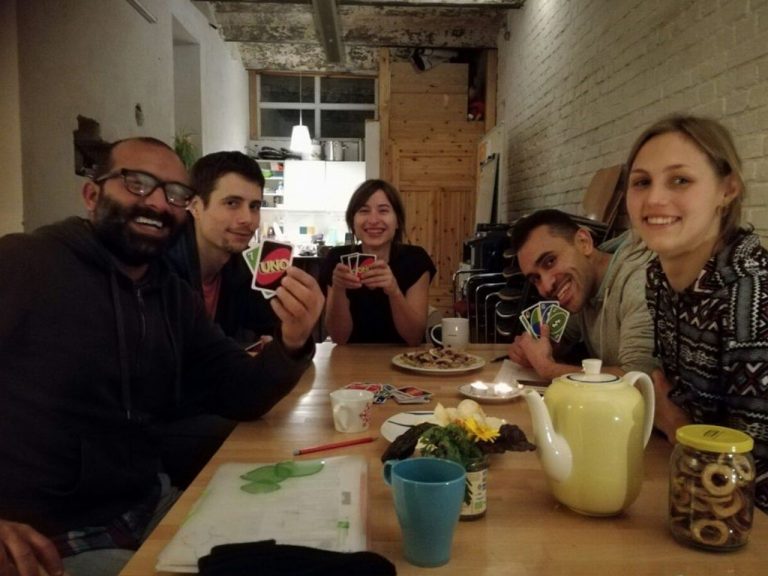Introduction
The Annalinde Community Garden is a social urban agriculture project in Leipzig. The project consists of community supported agriculture, a community garden and a meadow orchard. The community garden is in the west of Leipzig and has, since 2016, hosted an intercultural garden group which meets every week. The intercultural garden group has 7-10 members with a migrant and refugee background. The group size is usually bigger during summer time. Currently the garden is managed by two payed female employees, who support the members with gardening, organisation, authority visits and paper work.

 English
English  Deutsch
Deutsch  Español
Español  Svenska
Svenska 